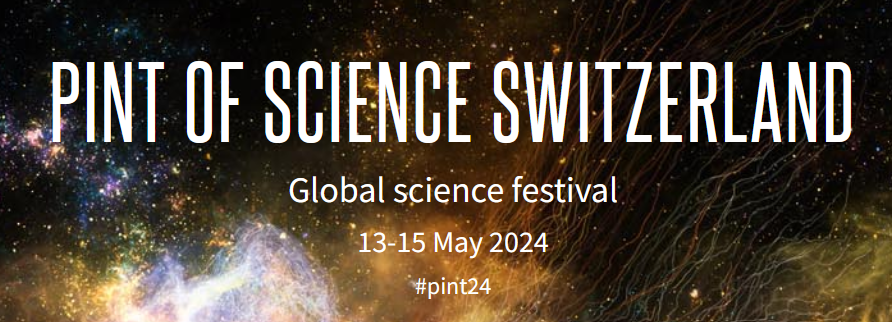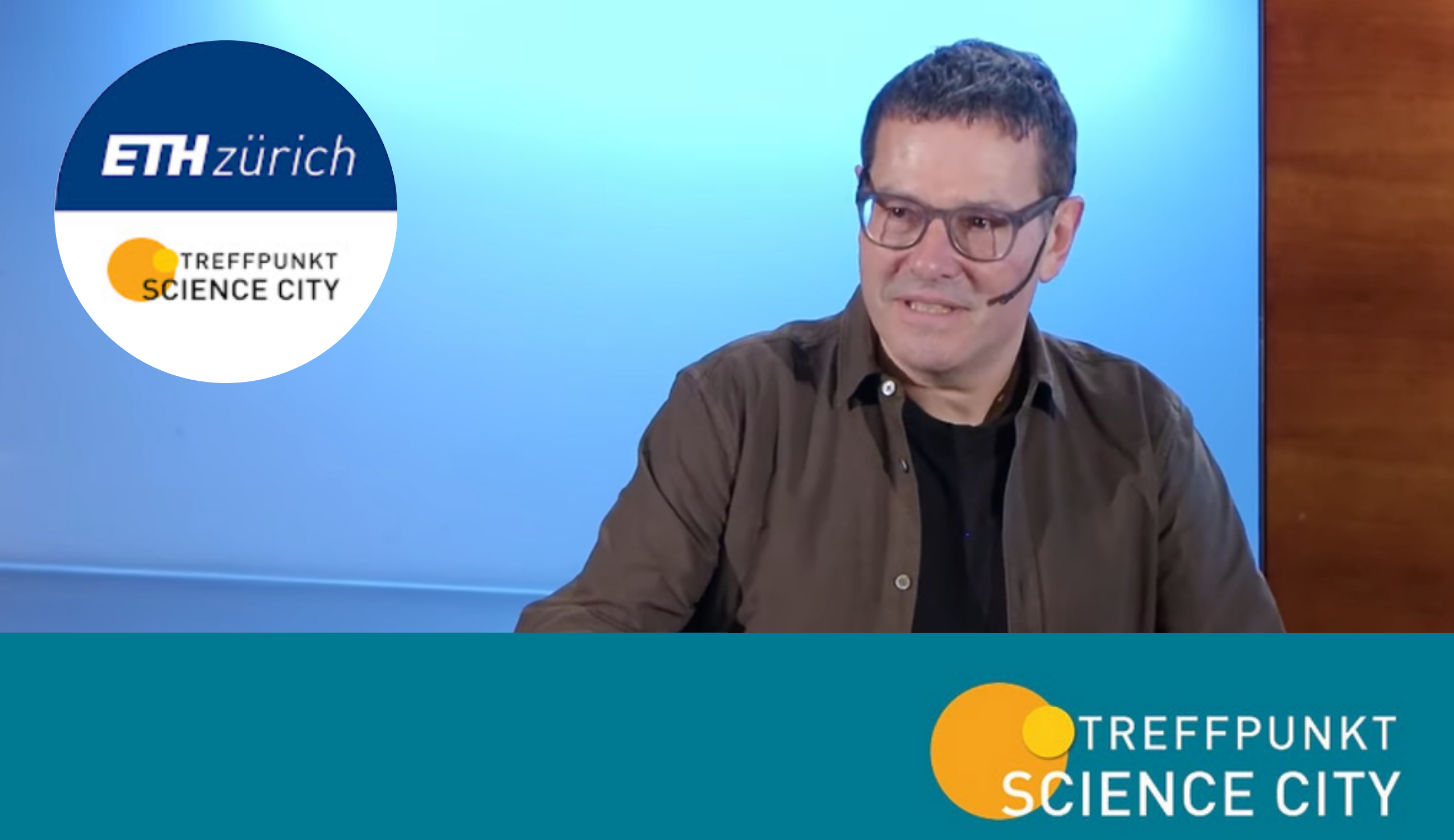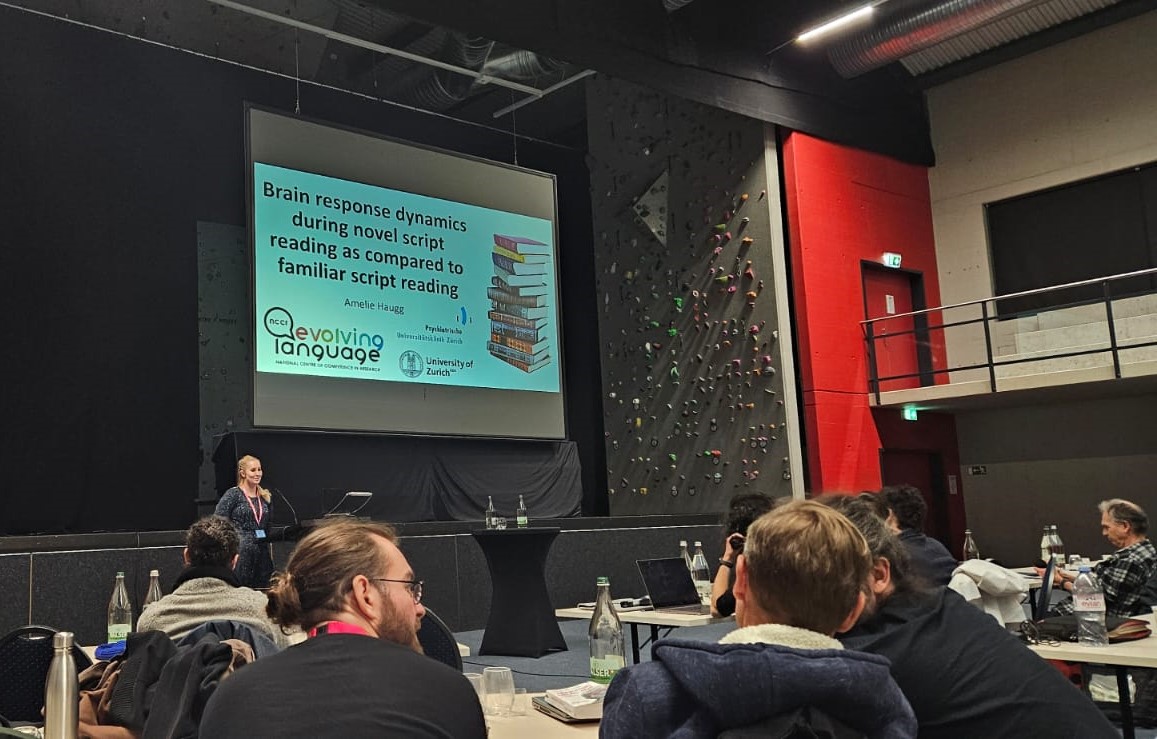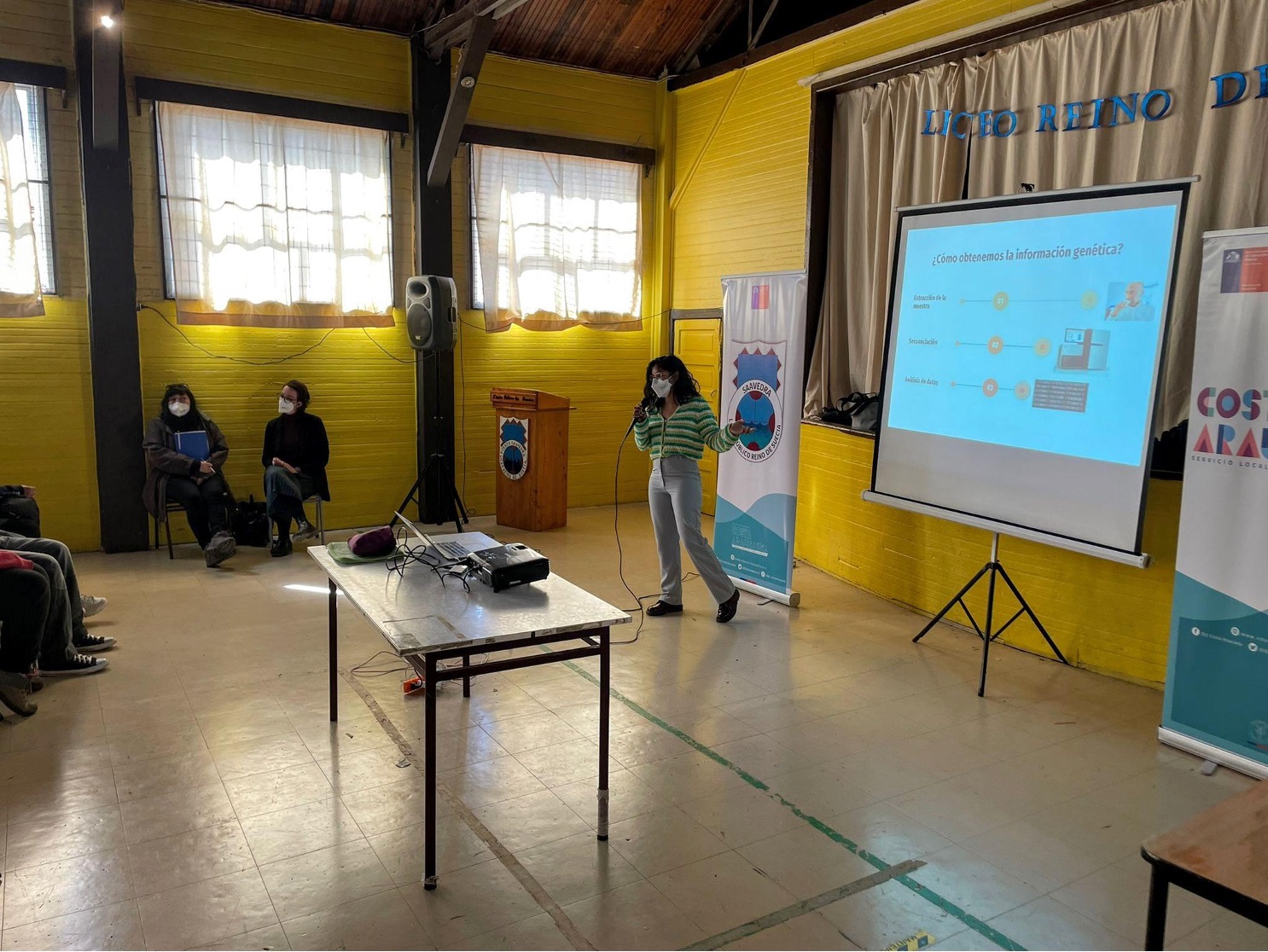Pint of Science 2024 will take place from May 13 to May 15! Researchers from the NCCR Evolving Language from all scientific disciplines are participating. Join them in bars all over Switzerland!


Pint of Science 2024 will take place from May 13 to May 15! Researchers from the NCCR Evolving Language from all scientific disciplines are participating. Join them in bars all over Switzerland!

What was motherhood like in prehistoric times? A documentary from ARTE, published on the 13th of April and with NCCR anthropologist Judith Burkart, dives into this fascinating subject.

The NCCR Evolving Language TTF Concepts organized a workshop on the 27th of March a workshop on “Finding Interdisciplinary Ground for Empirical Work on Meaning”. Around 50 NCCR researchers, from all fields of research and career levels participated in the event, in Neuchâtel.

Balthasar Bickel spoke at the ETH’s outreach seminar series Treffpunkt Science City on 24 March 2024 on “The family tree of languages (Der Stammbaum der Sprachen)”.

On International Mother Language Day, let’s remember that the NCCR Evolving Language works with the aim of preserving and promoting these endangered languages.

A joint initiative for a one-day workshop between researchers from TU’s Central Department of Linguistics and UZH’s Department of Comparative Language Science took place on February 16th in Kirtipur, Nepal.

In the spring semester of 2024, the Uni3 – Senior University of Geneva – offers classes on the evolution of language to its participants, in collaboration with the NCCR Evolving Language.

From January 7th to 11th, the 2024 session of the Alpin Brain Imaging Meeting (ABIM) took place in the small, picturesque village of Champéry, Switzerland. This year’s edition had a full day devoted to the evolution and neurobiology of language, featuring talks from NCCR researchers.

Biologist and comparative psychologist Thibaud Gruber specialises in ape behaviour. By observing apes in their natural environment, in Uganda, he aims to understand what makes humans special.

Can genetic research with indigenous populations be more ethically conducted? This is what Chiara Barbieri and her team believed when starting their work with the Mapuche community, one of the 10 recognized indigenous groups of Chile. In a recent paper, the group reported on this experience to share insights and promote transparent and inclusive science.